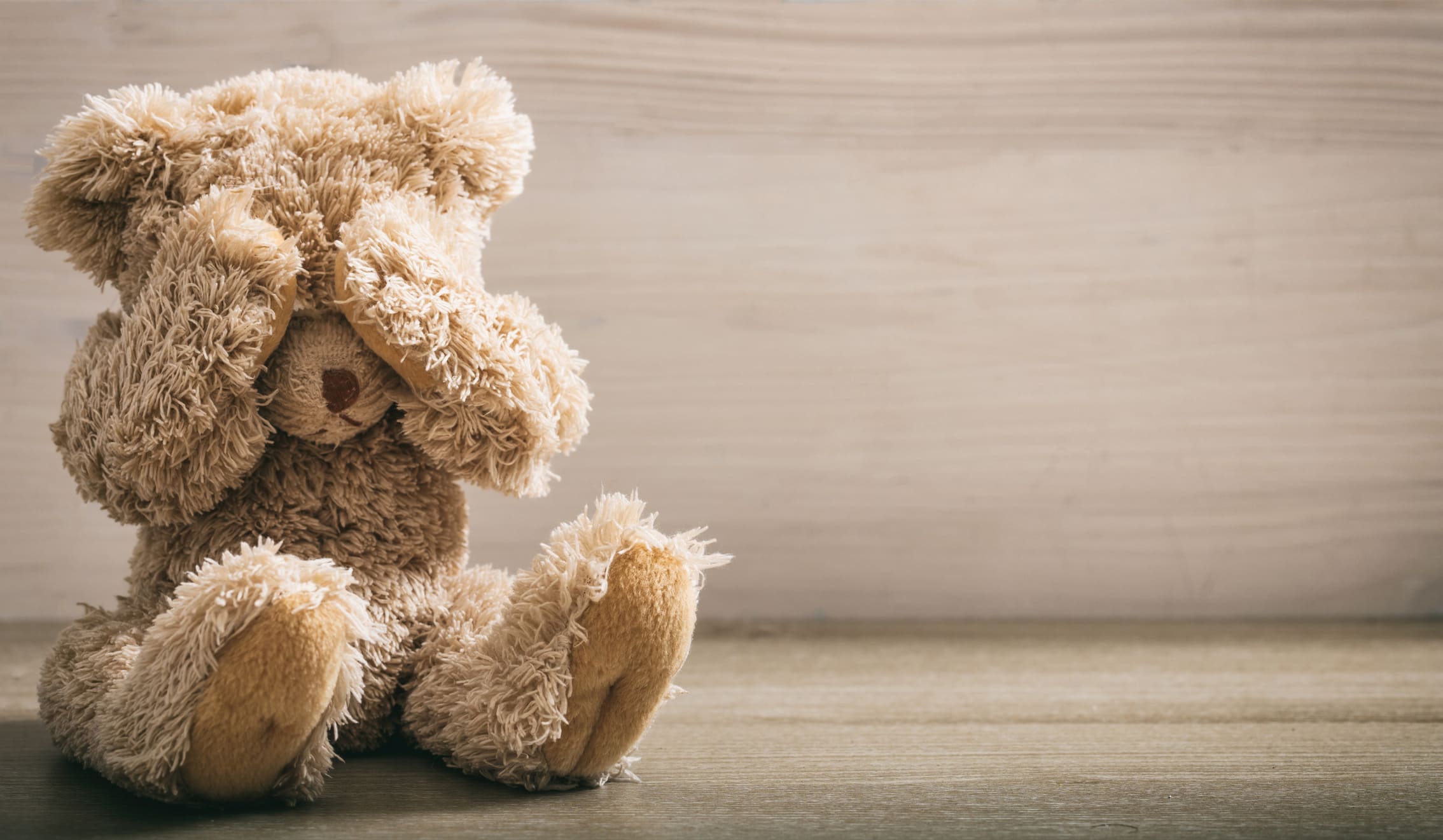When we lose a loved one, the grief can burn a deep hole in our well-being’s safety net– allowing intrusion upon our much needed restoration. Not everyone knows: in addition to the difficult emotional trauma of bereavement, the elements and events in our personal environment also impact our sleep.
Grief and Your Body Clock
Circadian rhythms (your body clock) are heavily influenced by our environment, so when something changes in our environment, it interacts with all of our body’s biological clock workings.
Good sleep patterns rely on the proper functioning of our circadian rhythms (your body’s biological clock). We usually associate disruptions to our biological clock with time zone changes, or changes in season, when our exposure to daylight and darkness has been shifted and our body needs to adapt.
However, there are other kinds of environmental changes that can also have an impact.
The loss of a loved one, including a pet, will mean that there is no longer a certain presence in your environment and sleeping routines will be lost in their absence: maybe you used to read together before bedtime, or spoon together in bed. Rising up in the morning also had its rituals, from early sunrise feeding time to texting about the day’s schedule–these are now forever changed.
No matter how small, these routines are not to be confused with being insignificant. The brain is constantly receiving messages from these activities which were associated with its going to sleep at night and waking in the morning. When the brain perceives that these things are missing, its normal processes are confused and it has to suddenly figure out what to do.
A Broken Heart and Your Sleep
The emotional strain of a grieving heart can be all consuming and often affects every aspect of our day-to-day living, especially our sleep. Whether it be the loss of a family member, a friend, a colleague, or a beloved pet, going through lifestyle changes and losing feelings of security can be devastating.
What this can mean is that we are extremely susceptible to damaging our sleep hygiene. Persistent and distressing thoughts that are ridden with regret, worry, sadness, or loneliness, can prevent one’s ability to take care of themselves and can lead to behaviors that interfere with their sleep.
Whether a person’s biology physically and/or mentally resists sleeping or getting out of bed, this will dysregulate their circadian rhythms. The brain’s capacity to govern sleep activity, such as the secretions of melatonin (your sleep hormone) or cortisol (your alert hormone), at the proper time, is obstructed by the brain “getting the wrong messages”.
Both sleep deprivation and excessive sleeping present other problems for our bodily functions.
Our metabolism, our brain’s ability to cleanse itself of toxins, and our mental health are all dramatically affected by sleep patterns. This can create a vicious cycle of disturbing sleep even further since these bodily functions will in turn will sabotage sleep when they cannot go about their business properly.
Nurturing Activities to Help Your Grief and Sleep
The good news is: when you incorporate new mental and physical rituals in your daily routine, you are replacing some of the ones that were lost; you can’t replace your loved one, but this can help your brain to help you!
Bereavement encompasses both physical and psychological symptoms that lead to sleep disturbances. Retraining your brain in a gentle way– helping it to sleep restorative and then wake-up–will benefit not only your own grieving, but also those around you who are also suffering:
- Re-evaluate the coziness of your sleeping environment–your bedroom!
- Put fresh delicate flowers in your bedroom and bathroom
- Limit your time spent in your sleeping environment: use it only for sleep and lovin’
- Ask family and friends to let you/help you have a regular sleep schedule
- Listen to soothing music or nature sounds
- Take walks, in nature if possible, and invite animal friends
- Take a warm bath
- Cook a new recipe
- Write in a journal
- Call a friend on the phone
- Read a new book
- Make a salon or spa appointment
- Get away for the weekend
- Watch the sunrise/sunset
- Pick up a simple hobby; creativity is profound
- Join an exercise class that relaxes the muscles
- Aromatherapy: both relaxing and revitalizing
- Avoid negative people
- Research natural remedies to help you sleep and perk up; there are many!
Are You Sleeping on a Loving Mattress?
When we are grieving a loss, it’s important to tend to basic needs–a “loving” mattress can make a difference!
Grieving is a natural part of life and should not be forced out. However, getting your most basic needs met is one way to cope better during this difficult time. Your sleep quality is more imperative than ever to get you through a heartbreaking loss.
While grief can be debilitating and make it hard to tend to ordinary responsibilities, one solution known to be helpful for people is to set up a simple set of priorities that helps them take care of themself without having to exert too much effort.
Sleeping on an exceptional mattress can give you big improvements in a sense of being cared for, as well as, giving you your basic need for sleep.
Our sleep experts at Mattress Express take the time to learn everything they can about how to help customers with their circumstances and concerns. Every customer can expect sincere and individualized attention to their personal needs. Please visit us at one of many locations and let us help you find a loving mattress!





